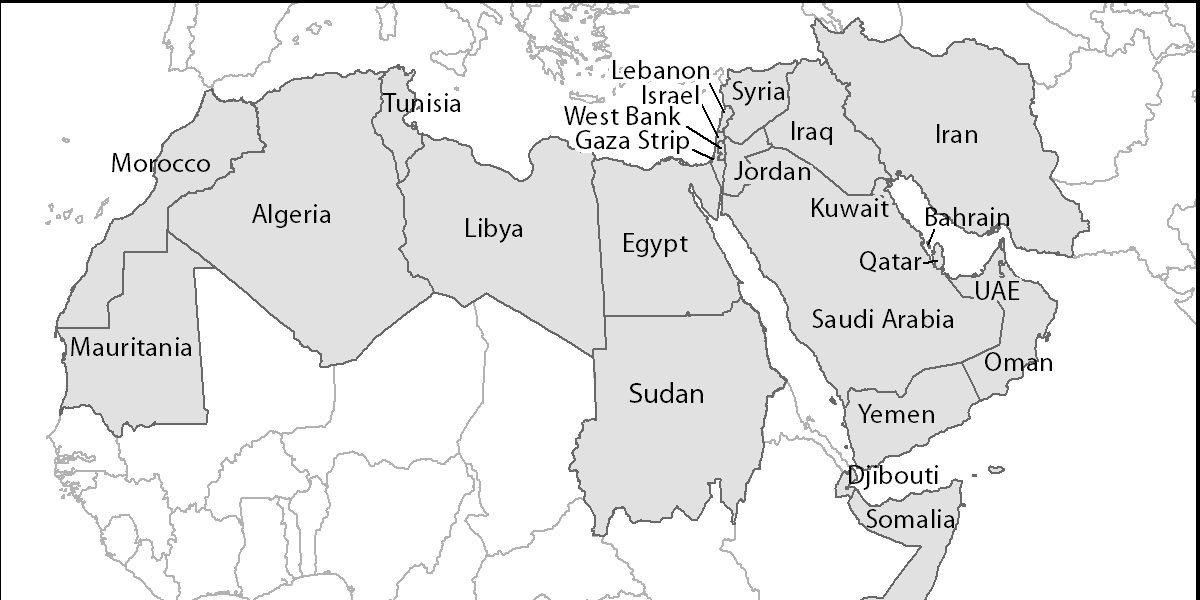Amazon Sets Sights on Middle East Expansion
In possibly the largest M&A transaction in the history of the Middle East, Amazon recently acquired Souq.com, the region’s largest online retailer. The acquisition suggests that the Middle East could become a new frontier for online sales.
Selling e-commerce to the masses
Amazon’s move signals a desire by the internet giant to move into the Middle Eastern market, which is relatively untapped. Some estimates suggest that online sales represent only two percent of the current retail market in the region.
Challenges to the expansion of e-commerce in the Middle East include the logistical difficulties of delivery in a region where many areas lack a developed postal system, as well as a retail culture built on existing relationships and face-to-face interaction.
Entrepreneurs and tech firms should watch Amazon and Souq.com closely to understand their strategy of popularizing online retail in the region and adopt similar strategies if those of Amazon and Souq.com prove to be successful.
Emerging competition
Despite the relatively nascent nature of e-commerce in the Middle East and North Africa, competition is already building.
Amazon won the bid for Souq.com over Emaar Malls founder Mohamed Alabbar, who reportedly offered $800 million for the company.
Noon, an online retailer owned by Alabbar and backed by Saudi Arabia’s sovereign wealth fund, is expected to move into the market with 20 million products and a 3.5 million square foot warehouse in Dubai.
Alabbar also acquired online marketplace JadoPado and online fashion retailer Namshi in two separate transactions in May.
If current estimates prove correct, the market may be big enough to share: analysts at Standard Chartered predict that online retail in the region will grow 30% annually, and consulting agency AT Kearney expects that the GCC e-commerce market could almost quadruple to reach $20 billion by 2020.
Invest, or acquire?
Amazon’s expansion into the Middle East contrasts with its strategy in other developing markets. This includes India, where Amazon has invested billions to grow its presence from the ground up. In comparison to Amazon’s strategy in India, TechCrunch calls the acquisition of Souq.com “a significant move for the U.S. firm to expand in this inorganic manner in order to move in quickly in the Middle East.”
According to reports, Amazon plans to preserve much of Souq’s existing branding, structure, and management as the companies foster their partnership in the region. The Dubai-based Souq.com will bring with it a loyal customer base, experienced team, and a tailored infrastructure for payments and fulfillment, and Amazon recognizes this.
Amazon will also inherit Souq.com’s many solutions to the unique challenges of conducting e-commerce in the region. As Engadget points out, Souq recognized the difficulty of promoting online sales in a region without wide credit card usage. In response, they developed a prepayment card where users top up in retail stores before ordering goods online. Souq also “built a network of local couriers who knows where people live” to address the issue of delivering in areas without a unified logistics platform or system of addresses.
Either of these issues could have proven prohibitive for Amazon’s expansion in the Middle East. However, by recognizing the value of Souq.com’s regional knowledge, Amazon has maximized its potential for growth in the region while simultaneously demonstrating the advantages for international companies seeking partnerships in new markets, acquire regional expertise, and forge local relationships instead of building a new expansion from the ground-up. It remains to be seen if Amazon’s plan to expand e-commerce in the Middle East will be successful, or if consumers will maintain their preference for brick-and-mortar shops.
Khalifeh & Partners specializes in corporate and financial transactions in the Middle East. Our firm has a depth of experience advising on major M&A transactions in the region.

